A similar phenomena is happening in our church priesthood quorum meetings. Every two weeks on Sunday our ward holds this meeting over Zoom. When we met face-to-face it would be normal for maybe 10 brethren to attend. Now we routinely see something like double that. Granted, some of those brothers are normally acting in callings that keep them from attending, but even accounting for that we see the improvement.
Family history work is an obvious church-related activity that can benefit from more people at home on their computers. Recently, my wife and I participated in a new way. There is an Internet site called Billion Graves where you go to a cemetery not yet uploaded, snap a picture of each headstone linked to your GPS position, then go online and transcribe the information into a form. Most of the popular family history apps (including the church sites) have access to the picture and transcribed data. It was fun. We were able to upload pictures of 75 grave markers from Peoples Union Baptist Church in King George, VA.
The other church-related activity that has to be done different is missionary work. I have been thinking about my days as a full-time missionary in 1982 and 1983. Like many others, until lately, missionary work for us involved being among people. Whether in a home, at church, or on the street, missionary work was all about direct contact with others. I’ve been watching the missionaries assigned here in our ward. They are frustrated, I’m sure, with having to exercise social distancing. Despite that, they are not letting it get in the way of fishers-of-men work. The mission has established a Facebook site, Followers of Christ in Stafford, which invites engagement with people who show an interest in the topic. Members of the stake are adding testimonies, videos, and other kinds of info to assist the missionaries to share content with those investigating. Our ward is having success with it. The teaching pool, though remote, continues to stay full, and investigators are joining the church in our ward. I know that had similar circumstances come about when I was a young missionary back in the day, this adjustment would likely have been discouraging to me. If our elders are feeling discouraged, they don’t show it. They are certainly exercising faith and succeeding at finding the elect of God who are ready now to accept the Gospel.
I hope whatever approach our life’s work is employing, we are able to avoid discouragement and continue to exercise faith.




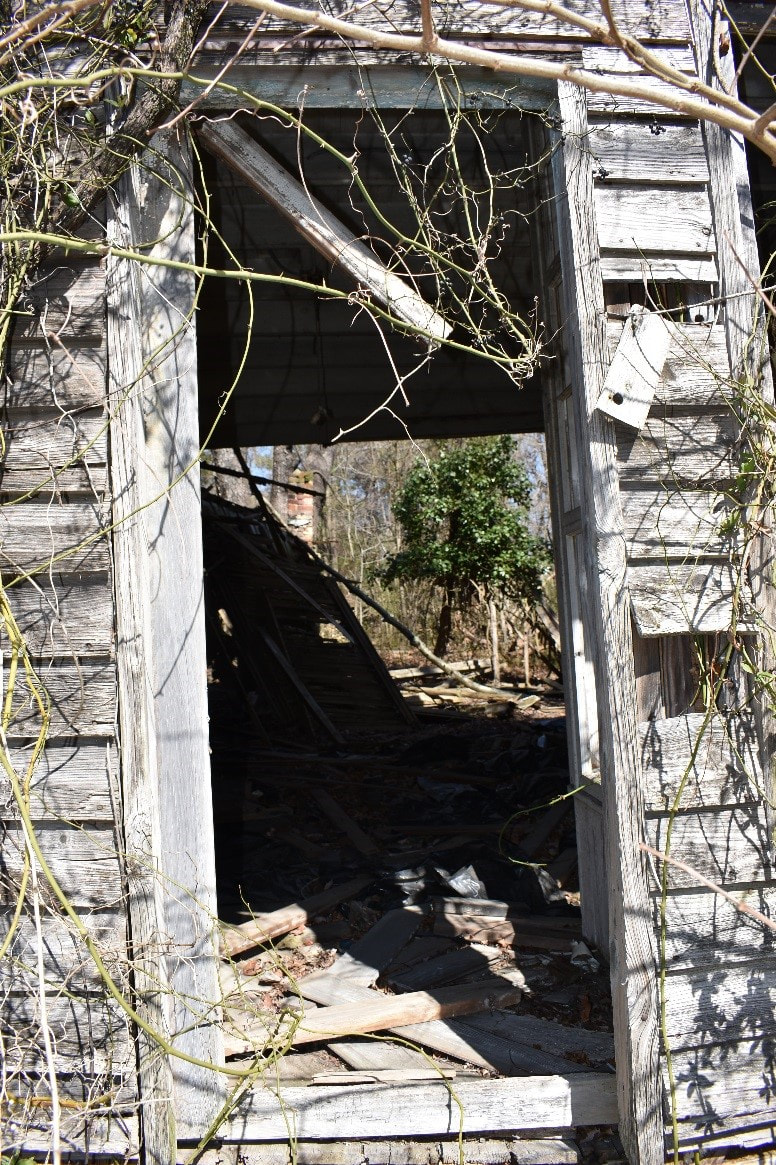








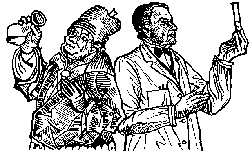







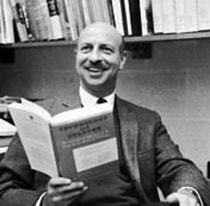
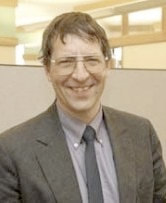




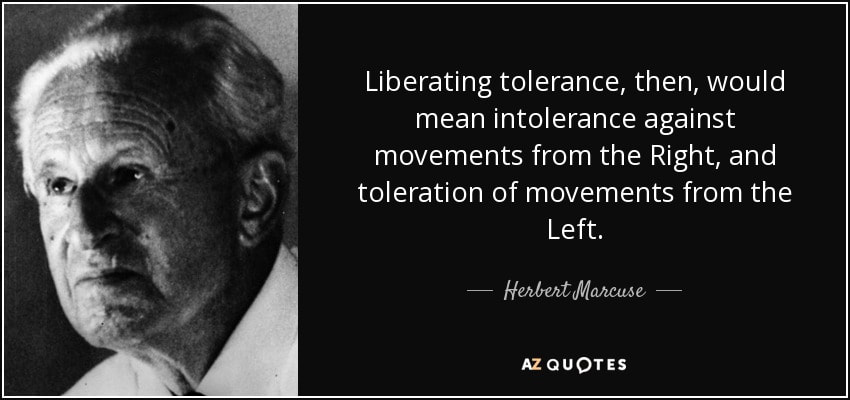








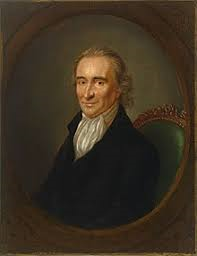

 RSS Feed
RSS Feed